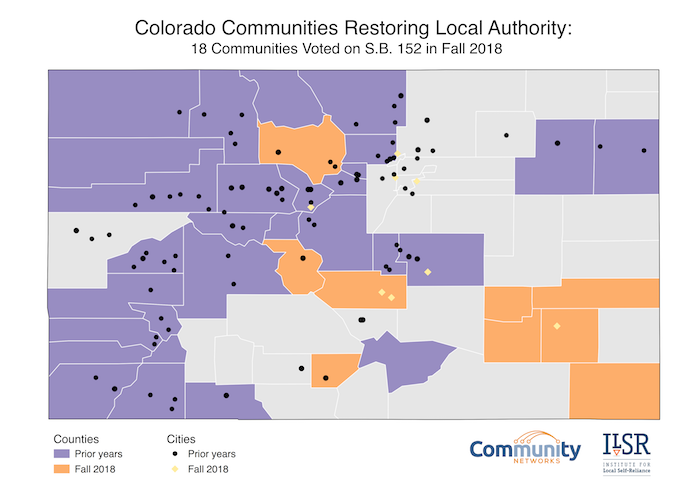Holyoke Ballot Will Gauge Feasibility Study Interest This Fall
After a citizen effort in Holyoke, Massachusetts, community leaders will let voters decide this fall on the question of analyzing Fiber-to-the-Home (FTTH) possibilities.
At the April 4th city council meeting, community leaders passed a recommendation that a nonbinding public opinion advisory question be put on the ballot in November:
Should the Holyoke Gas and Electric conduct a feasibility study on a gradual roll out of fiber optic internet for residents of the City to purchase, and the findings be presented at a City Council meeting by April 2022 or sooner?
There was one Councilor absent and one nonparticipating member of the Council; the measure passed 7 - 4.
First Stop in Committee
The decision to bring the question to voters came after the city’s Charter and Rules Committee reviewed a citizens’ petition in mid-March. A group of citizen gathered signatures for the petition to ask Holyoke Gas & Electric (HG&E) to conduct a feasibility for an incremental deployment for residential premises in Holyoke. HG&E currently offers fiber connectivity to commercial subscribers.
Resident Laura Clampitt appeared at the committee meeting to speak in favor of the measure. She and another local resident, Ken Lefbvre, have lead efforts encouraging city leaders to move toward a feasibility study. Locals have shared information via a Facebook page to keep the public up-to-date on the proposal:
“These residents would love to purchase those services as well,” Clampitt said. “We would like to encourage HG&E to explore that option and present those findings in a public manner."
…




